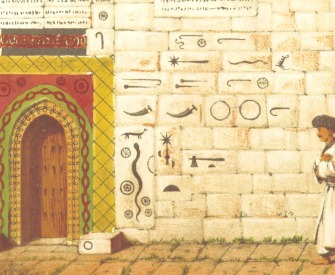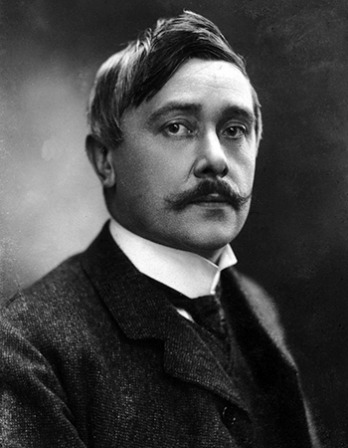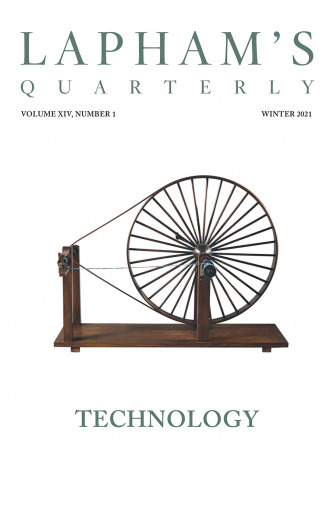When the Lord your God brings you into the land that you are about to enter and occupy, and he clears away many nations before you—the Hittites, the Girgashites, the Amorites, the Canaanites, the Perizzites, the Hivites, and the Jebusites, seven nations mightier and more numerous than you—and when the Lord your God gives them over to you and you defeat them, then you must utterly destroy them.
Make no covenant with them and show them no mercy. Do not intermarry with them, giving your daughters to their sons or taking their daughters for your sons, for that would turn away your children from following me, to serve other gods. Then the anger of the Lord would be kindled against you, and he would destroy you quickly. But this is how you must deal with them: break down their altars, smash their pillars, hew down their sacred poles, and burn their idols with fire. For you are a people holy to the Lord your God; the Lord your God has chosen you out of all the peoples on earth to be his people, his treasured possession.
From the Book of Deuteronomy. After having led his people out of bondage in Egypt and received the Ten Commandments on Mount Sinai, Moses intended to lead his people to the Promised Land of Canaan, which in Exodus is described as “a good and broad land, a land flowing with milk and honey.” Deuteronomy, the fifth and final book of the Torah, consists of Moses’ farewell speeches, and in it he makes clear that the Israelites’ occupation of the land is contingent upon their adhering to the laws of the covenant.
Back to Issue





